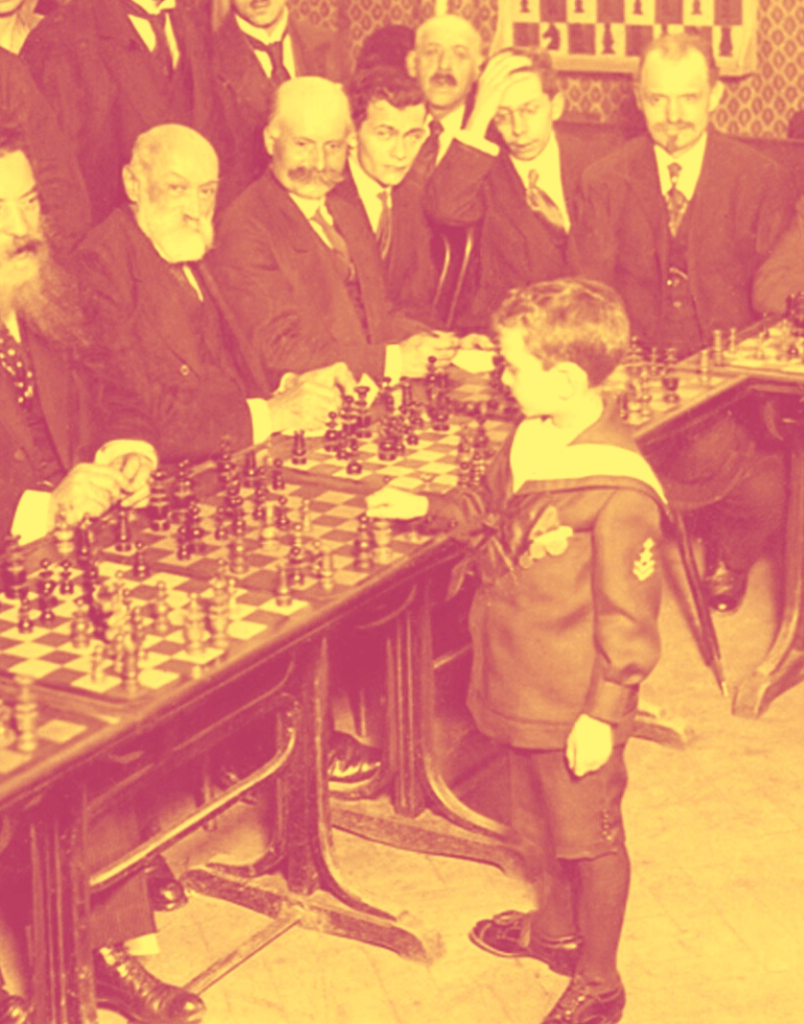Sign in for exclusive products and special discounts.
The History of Gifted Education

Gifted education has a long and storied history, dating back to ancient Greece and Rome.
Specialized education was championed in ancient Greece by philosophers such as Socrates and Plato. They believed that education is important for developing the intellectual and moral abilities of all children. Ancient Greek and Roman civilizations valued the development of gifted individuals, and gifted children were identified and trained for leadership roles in society. However, it wasn’t until the twentieth century that gifted education began to take shape as a formal field of study.
In the early 1900s, psychologists such as Lewis Terman and Leta Hollingworth began to study gifted children and advocate for their education.

Terman and Hollingworth used intelligence tests to identify gifted children and recommended individualized education plans to meet their unique needs and abilities. They believed that gifted children have the potential to make significant contributions to society, but they need special support to reach their full potential. They argued that, because of their unusual needs and abilities, gifted children require specialized instruction. This led to the creation of the first gifted education programs in American schools.

During the 1950s and '60s, gifted education experienced a period of rapid growth.
Many schools across the United States established gifted programs, and the federal government began to fund research and resources for them. However, this period of growth was not without its challenges. Critics argued that gifted programs are elitist and unfairly benefit white, middle-class students.
In the 1970s and '80s, gifted education faced a backlash as critics called for more inclusive education for all students.
Critics of gifted education began calling for the same level of services for all students, claiming that specialized services for gifted children are unfair for lower-achieving students. Some educators and researchers argued that programs for gifted students are elitist and promote inequality. As a result, many gifted programs were scaled back or eliminated altogether. This trend has continued into the twenty-first century. Budget cuts and shifting educational priorities have led to fewer gifted education programs.


Despite these challenges, gifted education remains an important and valuable field.
Gifted programs support and challenge students with special needs and skills. These programs also drive innovation in the world. To keep gifted programs thriving, parents, teachers, and community members must advocate for it. We can work together to ensure that all students, regardless of background, have access to an education that suits them.
Royal Fireworks Press is a champion for gifted education.
Whether it’s through partnering with gifted associations, providing resources and materials for gifted programs, or supporting families who don’t have access to gifted programs in schools through our homeschool curricula, we support the gifted community. All children deserve an education that is suited to their abilities, and we are committed to providing materials that engage even the brightest of children. You can read about us here or browse our specialized gifted curricula and resource books here.

